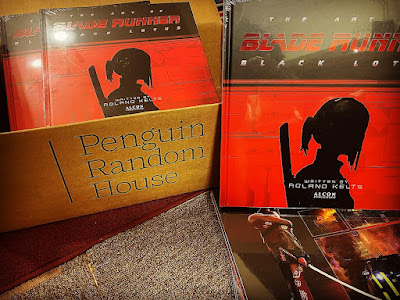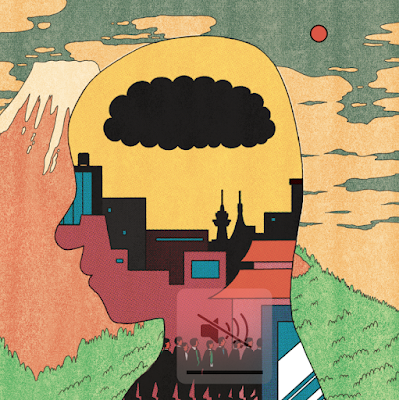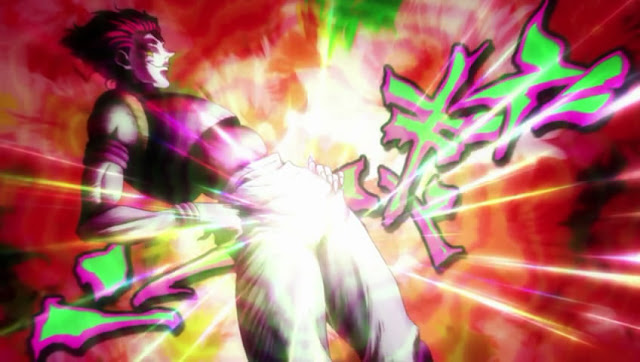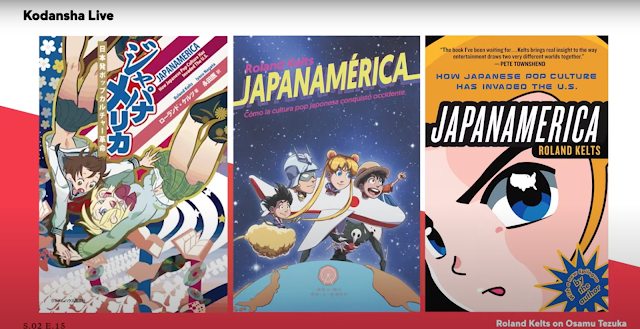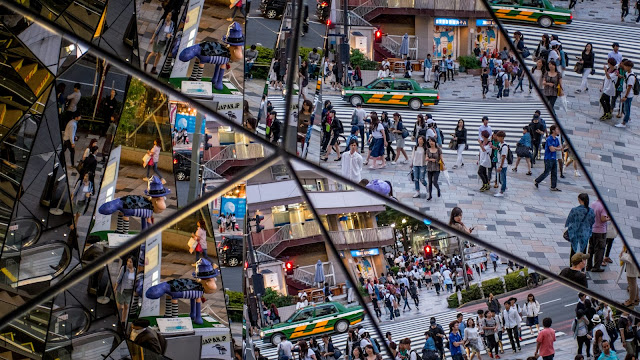My take on the year in anime for The Japan Times
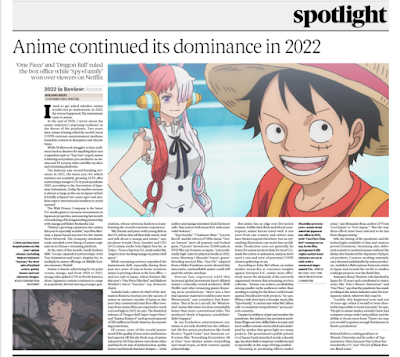
So long, 2022. You've been quite the year for anime... Anime continued its dominance in 2022 I used to get asked if anime would ever go mainstream. In 2022, the reverse happened: The mainstream came to anime. At the end of 2020, I wrote about the anime industry’s surprising resilience in the throes of the pandemic. Two years later, anime is being called the world’s most COVID-resistant entertainment medium: bankable content in disruptive and chaotic times. While Hollywood struggles to lure audiences back to theaters for anything that’s not a superhero epic or “Top Gun” sequel, anime is thriving everywhere you can find it: on cinema and TV screens, video and Blu-ray discs and streaming platforms. The industry saw record-breaking revenues in 2021, the most recent year for which statistics are available, growing 13.3% after contracting a meager 3.5% in peak-pandemic 2020, according to the Association of Japanese Animations. Today the market overseas is almost as large as the one in J...
